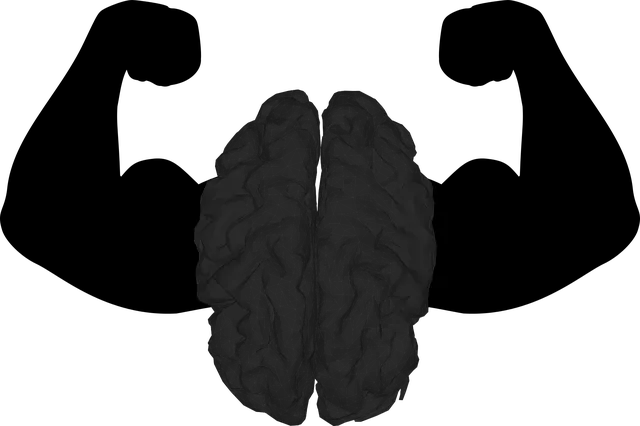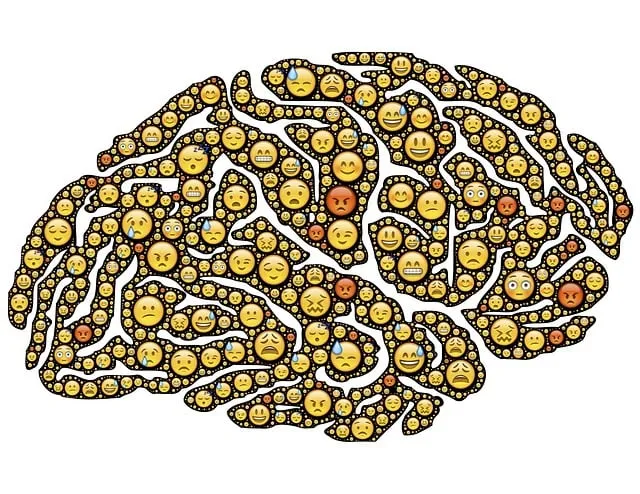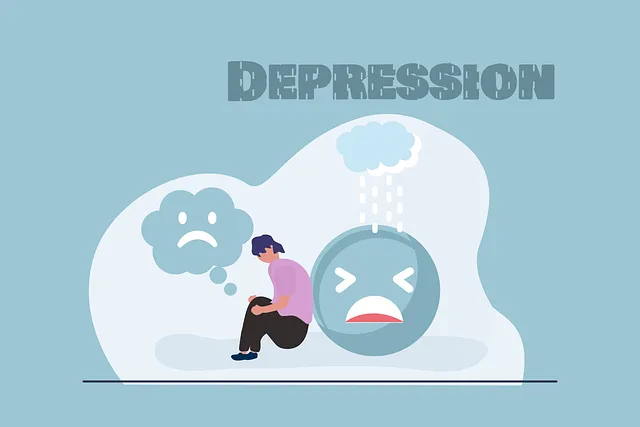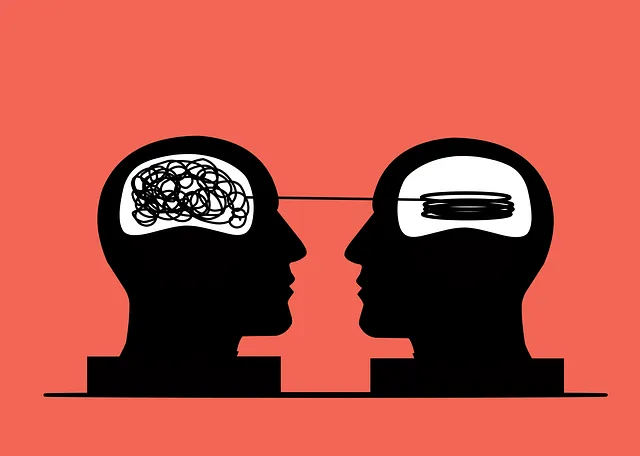The Northglenn Kaiser Permanente psychiatry reviews focus on managing anxiety through trigger identification, evidence-based techniques like CBT and mindfulness, and holistic approaches. These strategies empower individuals to recognize symptoms, seek appropriate support (therapy, medication), and implement lifestyle changes (mindfulness practices, physical activity, balanced diet) for lasting relief and improved mental wellness, as highlighted in the reviews.
Anxiety is a common challenge, but managing it effectively can lead to improved well-being. This guide, tailored by Northglenn Kaiser Permanente psychiatry experts, explores powerful techniques to overcome anxiety. We delve into understanding the root causes and symptoms, providing practical strategies backed by science. From identifying personal triggers to integrating mindfulness practices and lifestyle changes, these evidence-based methods offer long-term relief. Discover how you can regain control and enhance your mental health with expert insights from Kaiser Permanente psychiatry reviews.
- Understanding Anxiety: Identifying Triggers and Symptoms
- Evidence-Based Techniques for Effective Anxiety Management
- Integrating Mindfulness and Lifestyle Changes for Long-Term Relief
Understanding Anxiety: Identifying Triggers and Symptoms

Anxiety is a common yet complex experience that can significantly impact daily life. Understanding anxiety involves recognizing its various forms and symptoms, which can range from mild restlessness to debilitating panic attacks. At Kaiser Permanente Northglenn, psychiatry reviews highlight the importance of identifying personal triggers—be they stress-inducing situations, specific fears, or health concerns—as a crucial step in managing anxiety effectively.
Through mental health education programs designed to foster coping skills development, individuals learn to recognize and address these triggers proactively. By understanding symptoms like increased heart rate, insomnia, or persistent worry, one can seek appropriate support, whether it’s through therapy, medication, or simple burnout prevention strategies for healthcare providers. These initiatives aim to create a holistic approach to mental well-being, ensuring that both patients and healthcare professionals have the tools needed to navigate and overcome anxiety-related challenges.
Evidence-Based Techniques for Effective Anxiety Management

Anxiety management has evolved to incorporate evidence-based techniques that are backed by extensive research and clinical trials, particularly in settings like Northglenn Kaiser Permanente psychiatry reviews. These strategies focus on a holistic approach to mental health awareness, recognizing the interconnectedness of emotional well-being and physical health. Techniques such as cognitive behavioral therapy (CBT) have been found to be highly effective in treating anxiety disorders by helping individuals identify and challenge negative thought patterns and behaviors.
Additionally, mindfulness practices, including meditation and deep breathing exercises, are increasingly recognized as powerful Emotional Well-being Promotion Techniques. They teach individuals to stay present, accept their emotions without judgment, and develop a heightened sense of awareness, thereby reducing the intensity of anxious feelings. Conflict Resolution Techniques also play a significant role in anxiety management by teaching effective communication skills and strategies to navigate challenging situations, which can often act as triggers for anxiety.
Integrating Mindfulness and Lifestyle Changes for Long-Term Relief

In the pursuit of long-term anxiety relief, integrating mindfulness practices with lifestyle changes offers a holistic approach that has shown promise in numerous Northglenn Kaiser Permanente psychiatry reviews. Mindfulness involves being fully present and engaged with your current experience, accepting it without judgment. This can be cultivated through daily meditation practices or simple mindfulness exercises like mindful breathing and body scans. By incorporating these self-care practices into their routine, individuals can develop a greater sense of emotional regulation and resilience to stress.
Complementing mindfulness, lifestyle changes play a significant role in managing anxiety. Regular physical activity, for instance, releases endorphins that improve mood and reduce tension. Additionally, maintaining a balanced diet and adequate sleep hygiene support mental wellness. Journaling exercises have also proven effective as a coping skills development tool, allowing individuals to track their thoughts, emotions, and triggers. These self-reflection practices can help identify patterns contributing to anxiety and provide guidance for healthier coping mechanisms.
Anxiety management is a journey that requires understanding, patience, and commitment. By identifying personal triggers and symptoms through the lens of knowledge provided by Northglenn Kaiser Permanente psychiatry reviews, individuals can take control of their mental health. Evidence-based techniques offer practical tools to navigate anxiety effectively, while integrating mindfulness and lifestyle changes ensures long-term relief and improved well-being. Embrace these strategies as a holistic approach to managing anxiety, fostering resilience, and enhancing the quality of life.






